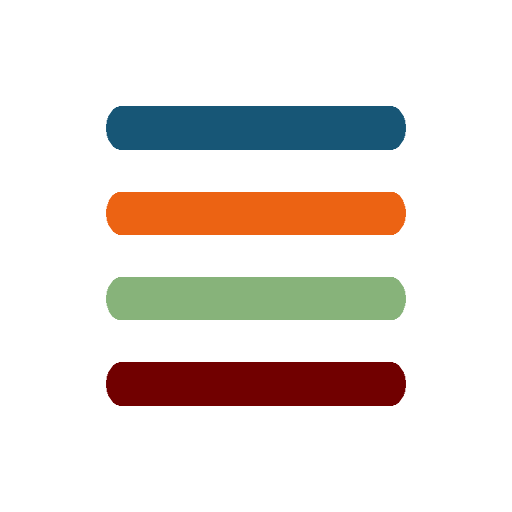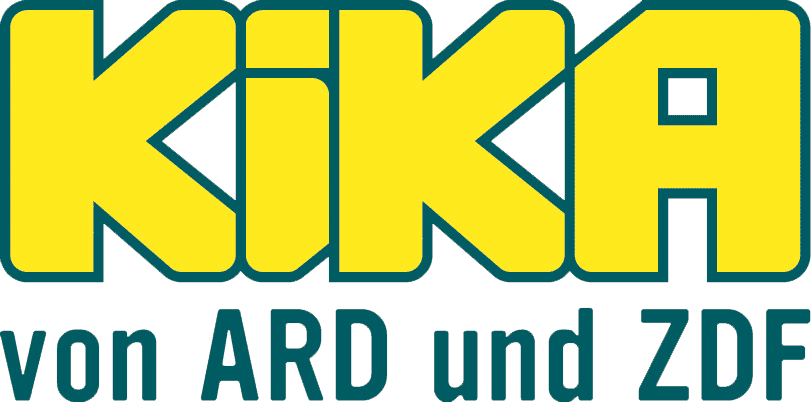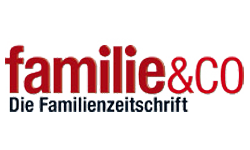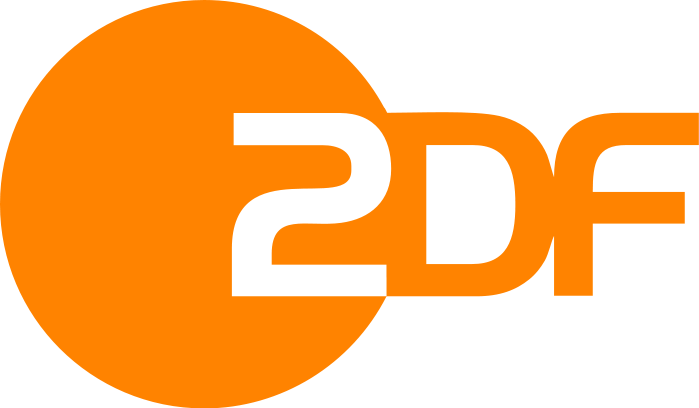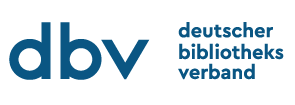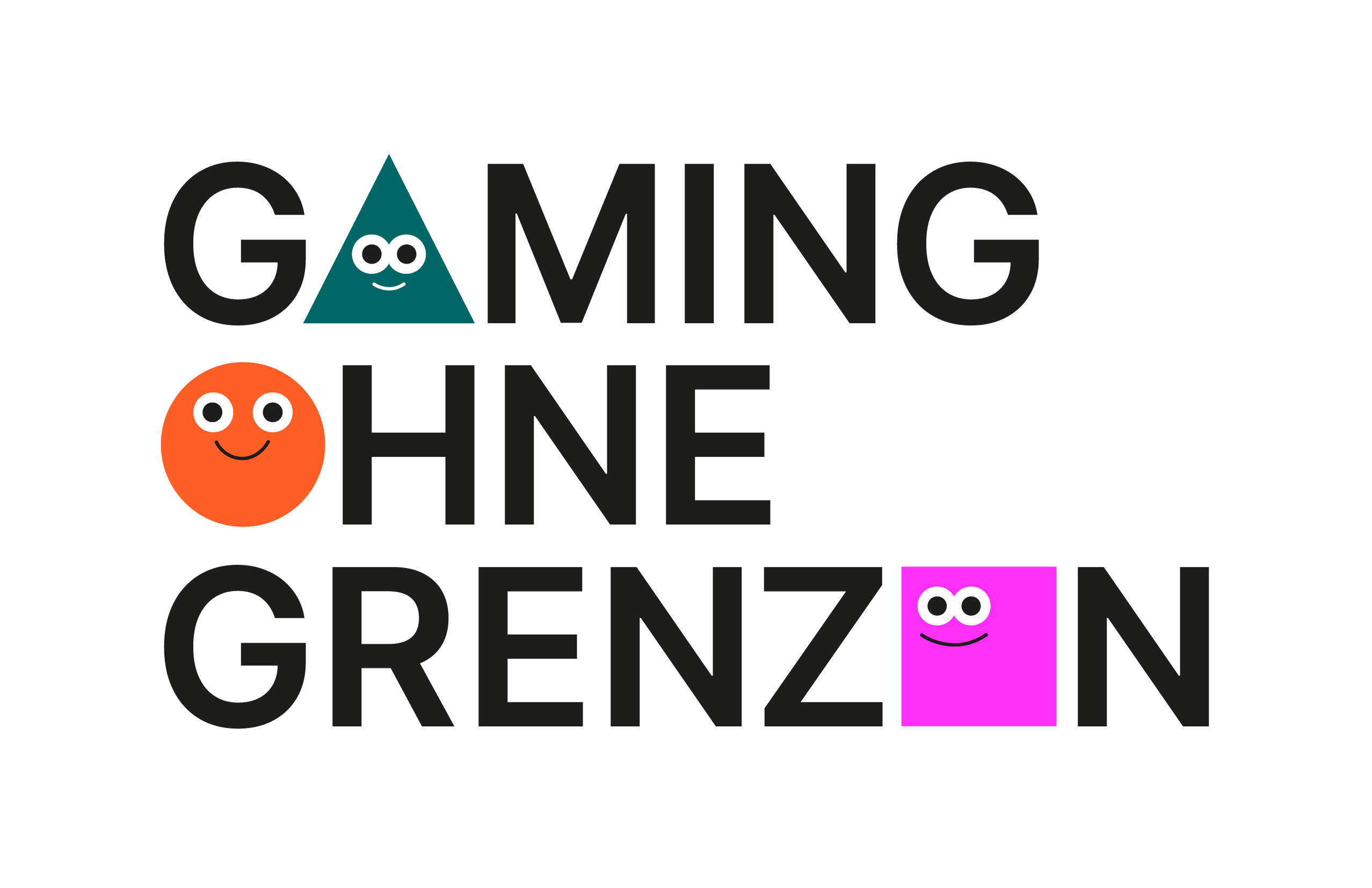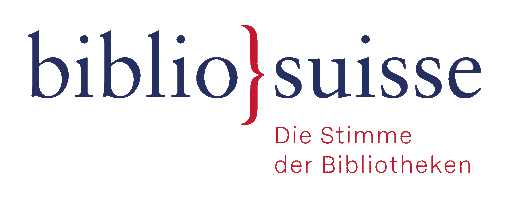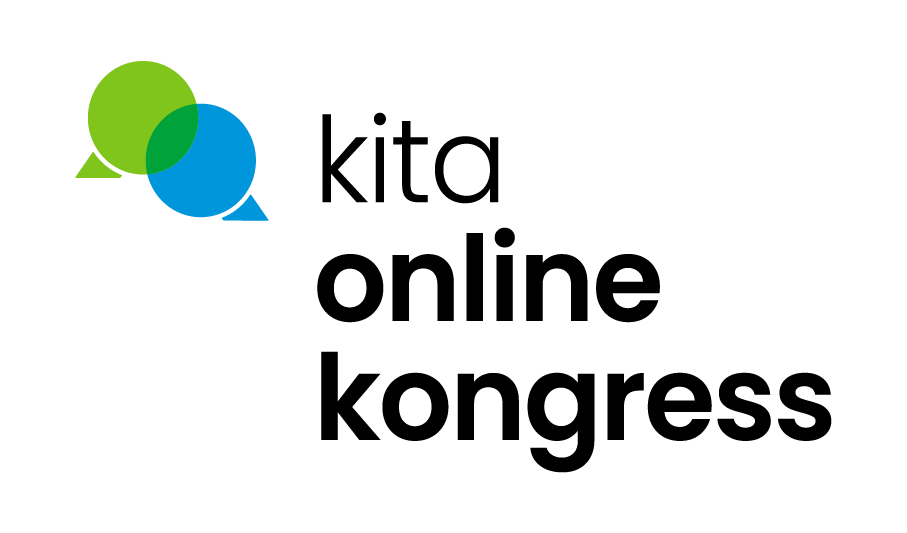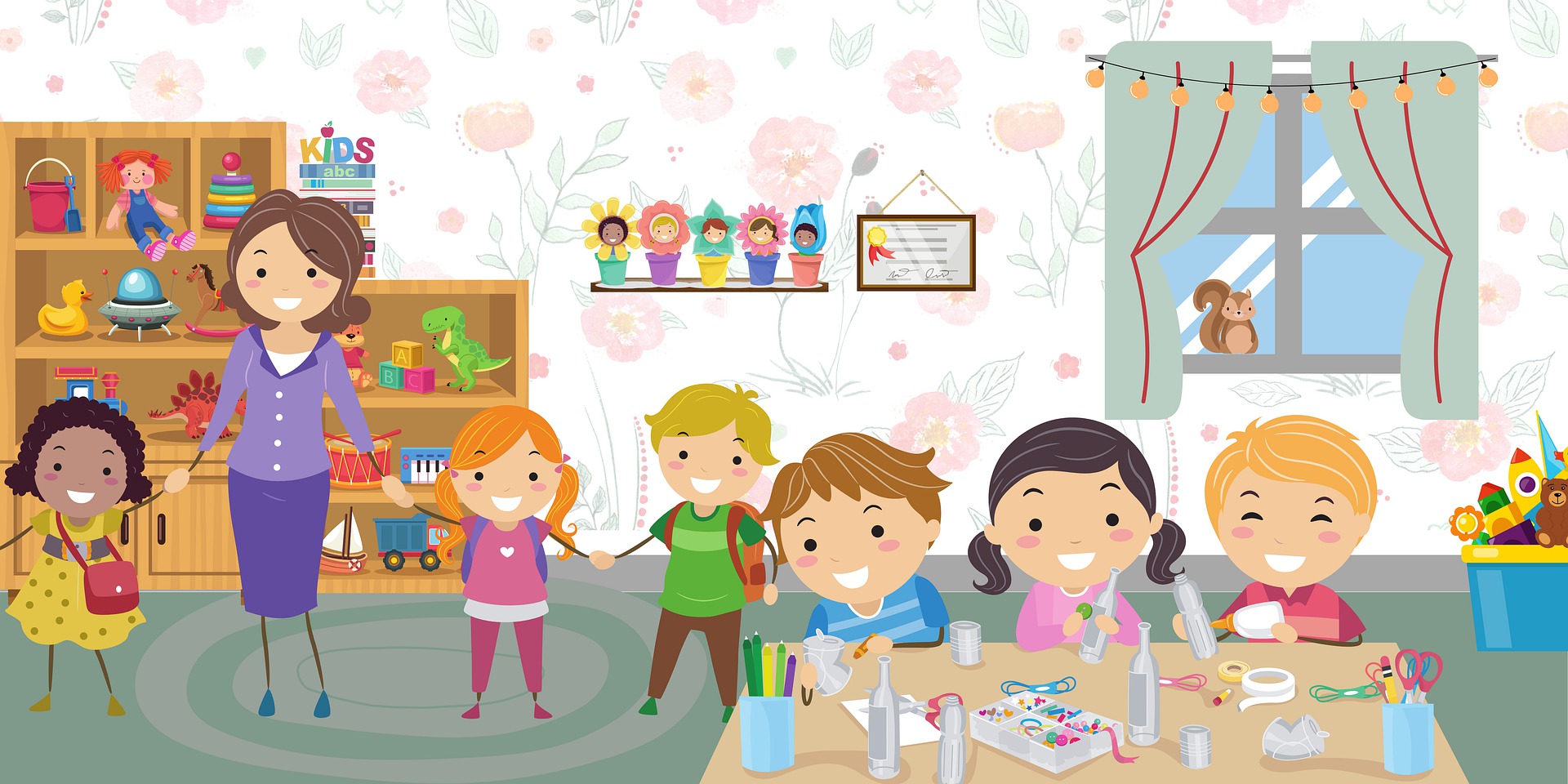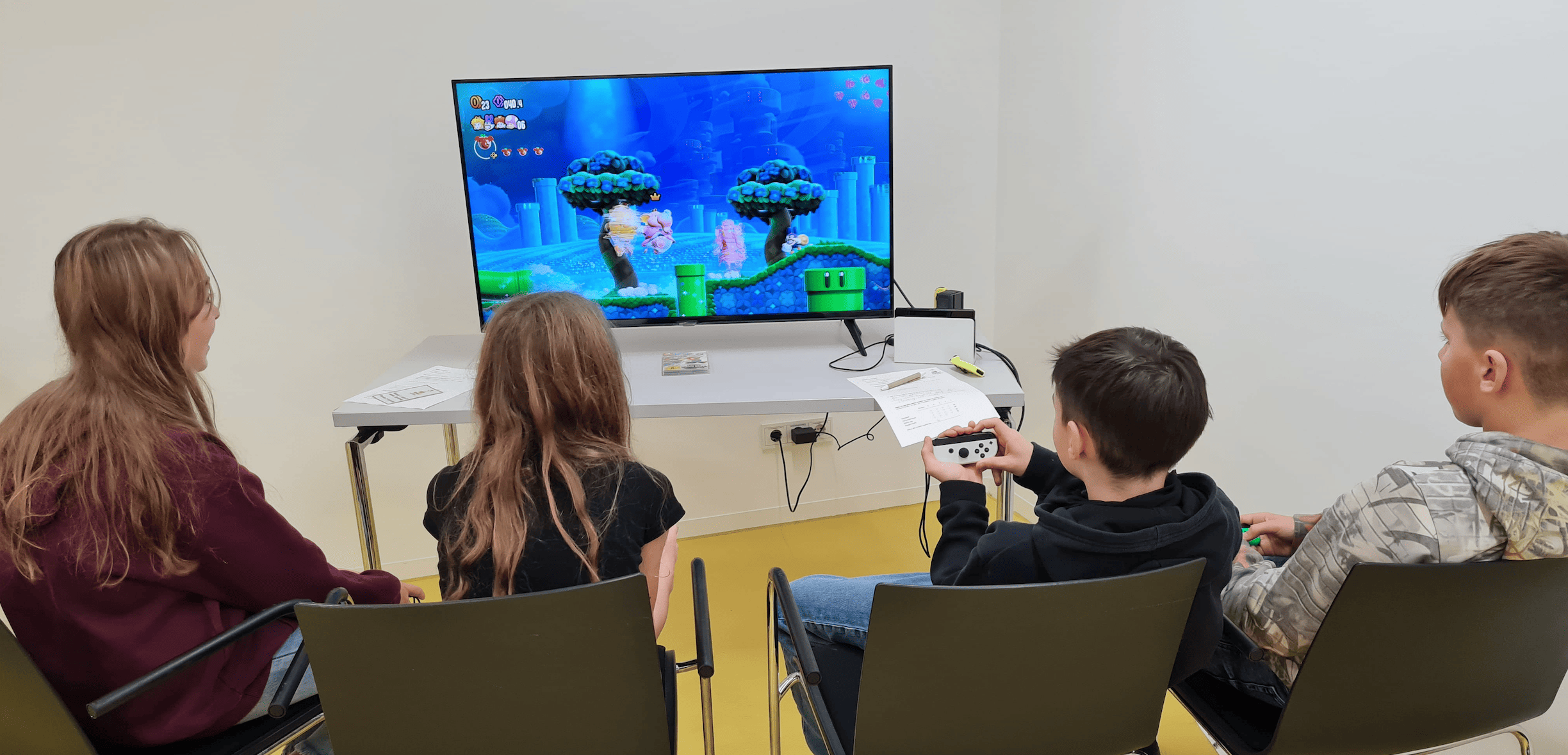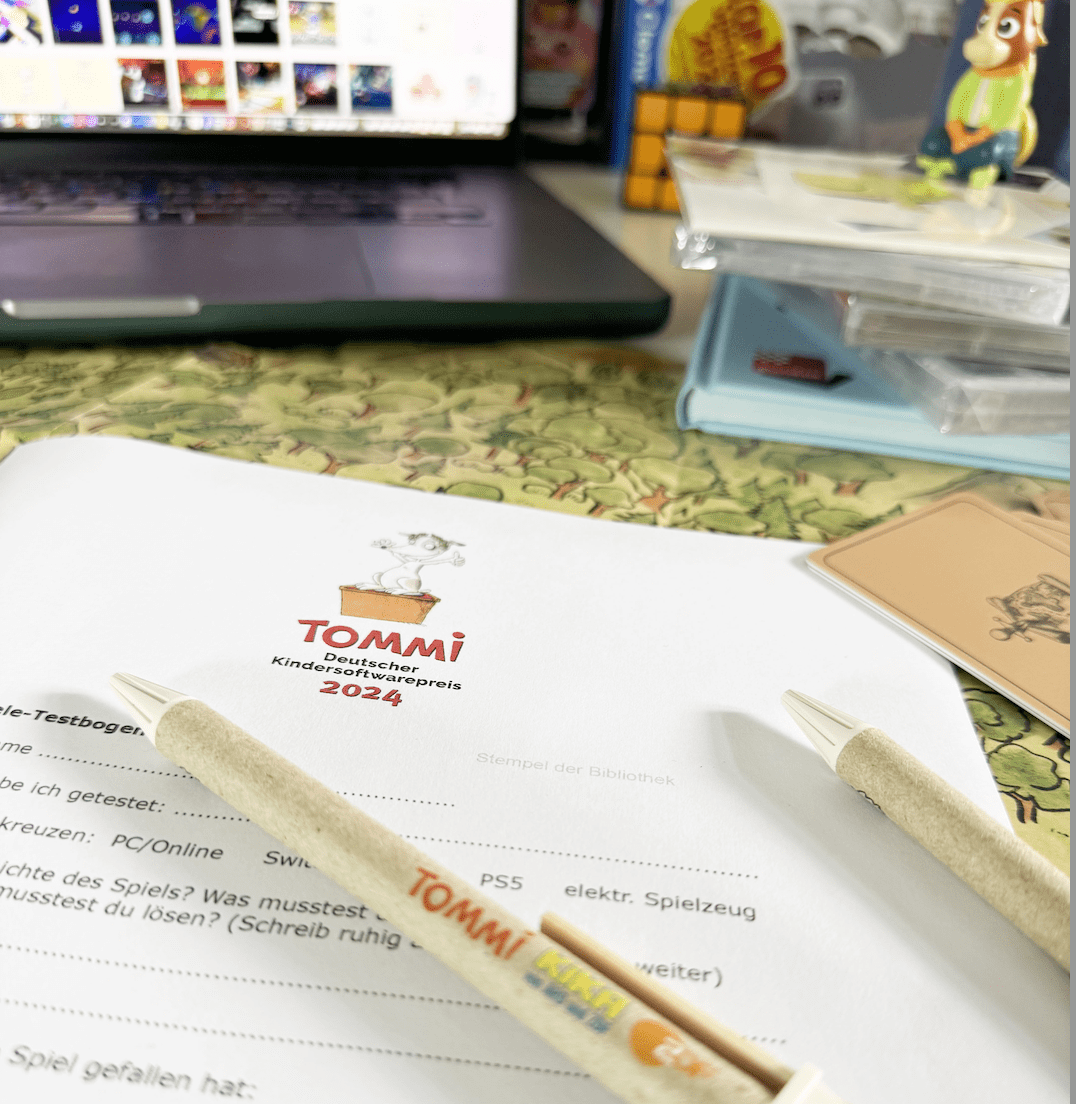Kindergarten prices 2025
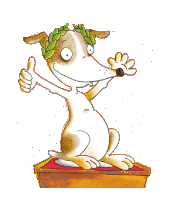
The application phase for "Best Family Game Daycare Center" 2024 begins!
What is the TOMMI KINDERSOFTWAREPREIS KITA about?
Children grow up with digital media from birth. Parents' smartphones are an everyday object even for one-year-olds. Children are fascinated by digital media because moving images and music arouse their curiosity in a natural way.
The TOMMI draws attention to good offers for this sensitive age group.
In 2024, three prizes were awarded in this category for the first time. You can find the current winners here.
TOMMI Kindersoftwarepreis Kita: Best Family Game
Since 2002, the TOMMI Children's Software Award has had a special prize for Kindergarten & Preschool, which annually selects from the wide range of digital educational games for young children. We now call this award TOMMI KINDERSOFTWAREPREIS KITA: BEST FAMILY GAME. It is intended to reward those digital learning and play offerings that are aimed at families with young children. A jury selects suitable titles for nomination from the games submitted, which are then evaluated by children in daycare centers and libraries. They will award the top three prizes. The award ceremony for this will take place at the Kita-Onlinekongress 2024. The software or electronic toy can be entered here. Apps, websites, PC and console games, and electronic toys are all possible.
Good digital concepts for kindergarten - a conclusion
For three years, the Auerbach Foundation supported the TOMMI Children's Software Award Daycare Center: Best Media Concept. The project has now come to an end. A total of ten daycare centers were recognized for their highly innovative concepts and we are delighted with the enthusiasm and ingenuity of the professionals in the facilities. Something that is unfortunately overlooked in our society: Daycare centers with digital concepts make an incredibly valuable contribution to media education. Because they show even young children that mobile devices are a tool. However, as soon as children reach primary and secondary school and have their own smartphone, this mindset is hardly taken up at all. Media literacy still plays a rather incidental role in many schools. And children and young people use their devices with TikTok, Spotify and Netflix purely for entertainment. A huge opportunity is being missed and problematic uses are being encouraged. Schools could learn from daycare centers.
2023
TOMMI CHILDREN'S SOFTWARE PRIZE DAYCARE CENTER
Under the chairmanship of media educator Prof. Dr. Stefan Aufenanger, four daycare centers received awards for their best media concepts in 2023.
Mittelangeln: ADS daycare center Sartrup
Lahnstein: St. Barbara daycare center
Trier: Municipal German-French daycare center
Daun: Kita Thomas Morus
Review: The winners of the TOMMI Förderpreis Kindergarten 2022 have been determined
In 2022, the TOMMI Kindergarten Award will be presented for the second time to three institutions whose tried-and-tested, practical concept for using digital media in daycare centers is convincing.
- Place: House for children St. Sebastian/Dettelbach
- 1st place: FRÖBEL Bildung und Erziehung gGmbH, House for Children Eisnergutbogen/Munich
- Place: Käthe-Luther Kinderhaus & Family Center/Singen
"The decision was not easy," says media educator Prof. Dr. Stefan Aufenanger from the University of Mainz, "because a great many daycare centers are already very advanced in terms of quality and quantity in early childhood media education. We are pleased that with this award we can also make this development known to a larger public."
Aufenanger awards the TOMMI sponsorship prize of 1500 euros together with the Auerbach Foundation.
Laudations of the winners of the TOMMI Promotion Award 2022
1st place House for Children St. Sebastian/Dettelbach
The "Haus für Kinder St. Sebastian" daycare center in Dettelbach is an excellent example of how digital media can be used not only in a child-centered manner integrated into everyday life in the daycare center, but far beyond. In this context, digital media are seen as a tool alongside many other possibilities in the pedagogical work. In concrete terms, the children deal with scientific phenomena. They ask scientists for help - as in the example of a volcano researcher at Uppsala University in Sweden - and create media themselves, such as videos or audio files, to record their knowledge and experiences in media. These are the foundations of successful media education. In addition, the children learn about devices and media to explore their environment, such as a digital microscope. This is a very diverse media education program in which children learn about the connection between digital media and explorative exploration at an early age. The cooperation with science is a unique selling point.
2nd place: FRÖBEL Bildung und Erziehung gGmbH, House for Children Eisnergutbogen/Munich
The "Haus für Kinder Eisnergutbogen" daycare center in Munich uses its story workshop to demonstrate how to create a positive environment in which children can trust their imagination and give free rein to their own stories. There, both analog and digital tools are used to write stories. The tablet is therefore not the focus of the project, but serves as a tool or a means to an end. This not only trains the students to work with digital media, but also promotes their own creativity and language skills. The use of the tablets, supplemented by pens, paper, a story rail, etc., and then even being able to hold them in printed form in their hands, makes this a combination for (almost) all the senses. The educators are very committed and combine a variety of media and language pedagogical approaches. Through the children's own activities, the aspect of self-efficacy is also promoted and products are created that they can be proud of. The project can be easily transferred to other daycare centers.
3rd place: Käthe-Luther Kinderhaus & Familienzentrum/Singen
The Käthe-Luther Kinderhaus & Familienzentrum shows that the participation of all educational partners in the introduction of digital media in the daycare center is a central moment for success. Not only the team needs sufficient time to deal with the attitude and the own attitude towards digital media education. Parents and other professionals must also be involved. This is what a good start looks like for digital media education that is integrated into the daycare center in a sustainable and everyday way. The involvement of families and the approaches for low-threshold family education offerings around the topic of digital media particularly stood out. This is a very comprehensive approach, since it is not only about the children, but the educators also see the need for further education and to reflect on their own attitudes through media biographies.
TOMMInated 2022 for the TOMMI Kindergarten Award
The nominated daycare centers have been determined. Now it's the turn of the TOMMI jury.
- Singing:Käthe-Luther Kinderhaus & Family Center
- Schwarzenbek: Ev.-Luth. KiTa St. Elisabeth
- Murg: Kath. daycare center in the mill
- Satrup: ADS Kindergarten/ Crèche, Zum Schwimmbad
- Meyenburg: Daycare center "Squirrels
- Munich: FRÖBEL Bildung und Erziehung gGmbH, House for Children
- Dettelbach: House for children St. Sebastian
- Berlin: White Cockatoo International Kindergarten
- Düsseldorf: Locomotion-Kids pme Familienservice gGmbH
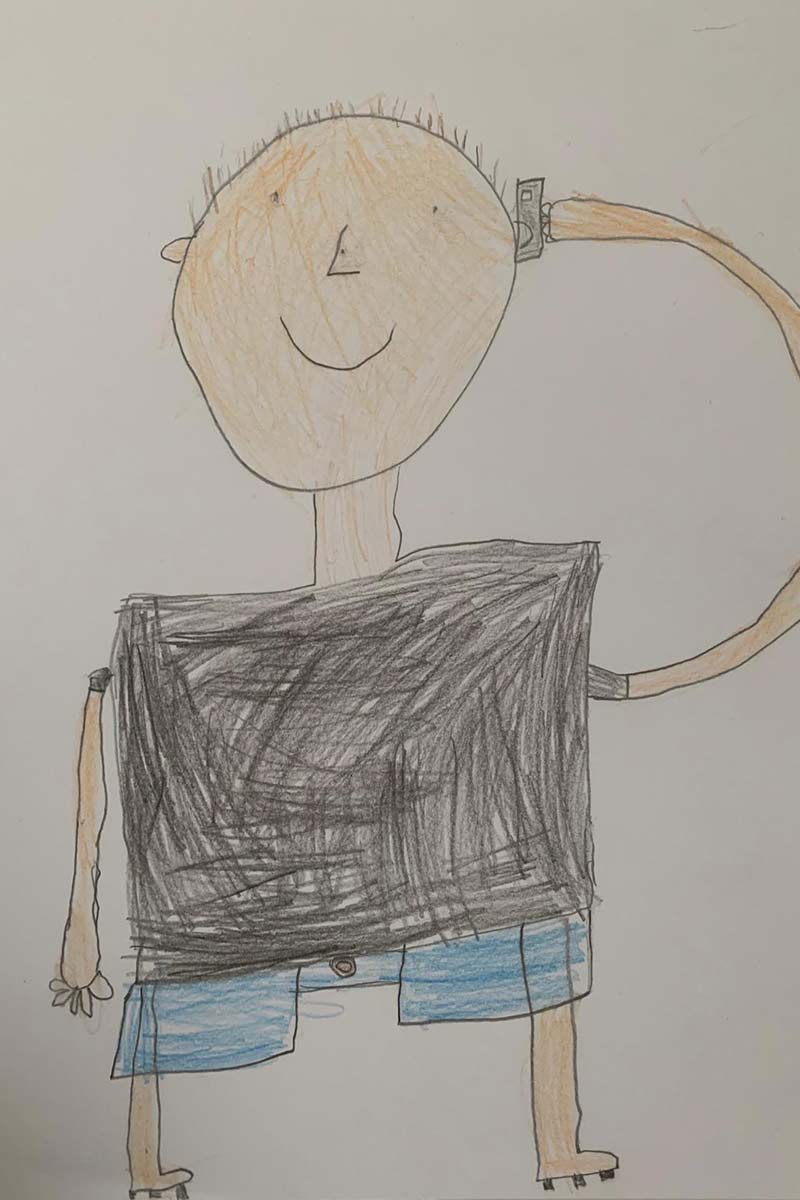
About the Auerbach Foundation
About the Kita Online Congress
The Kita-Onlinekongress provides pedagogical impulses, specialist information and product innovations for educators and pedagogical specialists and can be visited at the address www.kita-onlinekongress.de. Every year several thousand visitors are expected during the congress. The congress program includes around 80 contributions from experts from science and practice. Foundations and associations such as Stiftung Lesen (Reading Foundation), Stiftung digitale Chancen (Digital Opportunities Foundation) and Didacta Verband (Didacta Association) will also be involved in the congress as driving forces.

